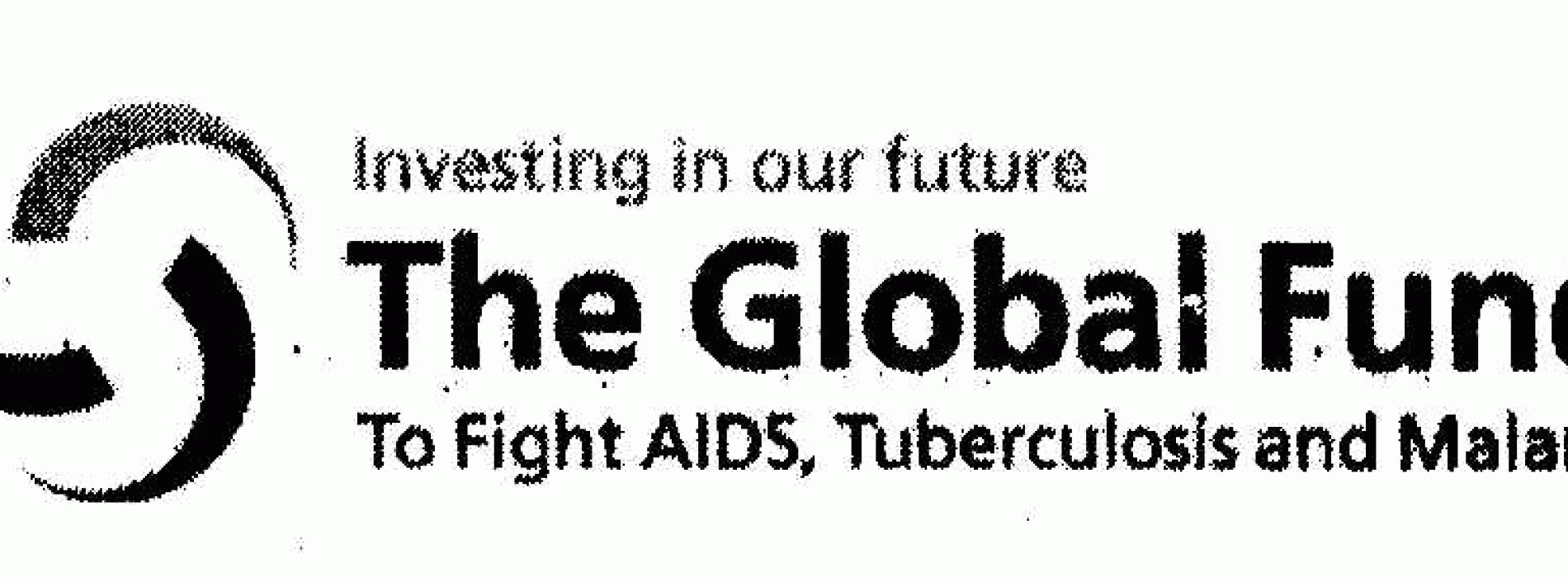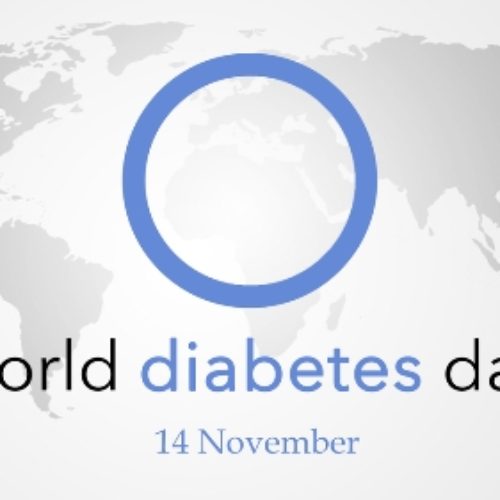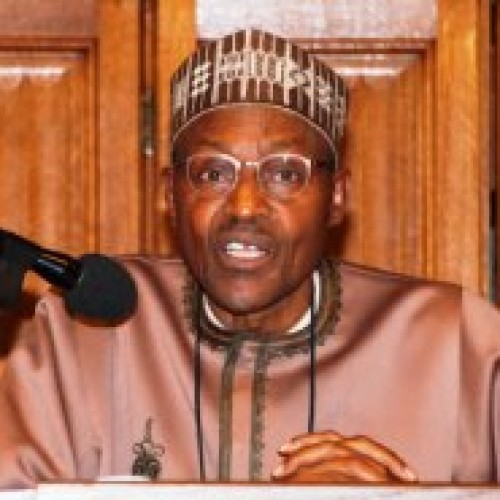GFATM suspends disbursement for HIV/AIDS, Malaria in Nigeria

The Global Fund to fight HIV/AIDS, Tuberculosis and Malaria (GFATM) has suspended its HIV and Malaria disbursement in Nigeria over failure to meet target especially in areas such as antiretroviral therapy, TB diagnosis and mismanagement of fund.
The suspension was announced at the end of an audit in Abuja on HIV, TB, and malaria grants to Nigeria by the Office of the Global Fund Inspector General (OIG). The OIG had identified additional weaknesses and concerns regarding the fund management, and is also investigating allegations of fraud and misappropriation of grant funds by a government sub-recipient.
Member of the Global Fund Country Coordinating Mechanism (CCM) Nigeria, Ibrahim Umoru, confirmed the development to National Mirror newspaper yesterday and named the National Agency for the Control of AIDS (NACA) and National Malaria Elimination Program (NMEP) as the principal recipients affected.
He gave reasons for the suspension of the fund ranging from issues such as; mismanagement of fund, grants not achieving targets, among others. Expressing worry over the situation, he said reduction of donor funding will definitely affect Nigeria because presently in terms of HIV/AIDS, Nigeria contributes only 10 per cent to the global burden while the national response to HIV is donor-driven.
However, issues of mismanagement of Nigerian grants are not new. Historically, grants to Nigeria have faced substantial systematic and operational risks and challenges.
Key risks identified by the GF Secretariat included the following: grants not achieving targets, including for key indicators such as antiretroviral therapy and TB diagnosis; fiduciary risks, including government Principal Recipient’s (PR’s) struggling to oversee countrywide disease responses; insufficient capacity to ensure that basic health services are in line with guidance and national standards; inadequate monitoring and evaluation, poor data quality, and poor quality of electronic health information systems; and systematic weaknesses and risks in procurement and supply chain management systems.
As recently as last December, The Global Fund approved $510 million in funding for five TB/HIV grants, including $310 million in new funding.
However, Nigeria, despite being the largest recipient of the Global Fund in Africa, is not meeting expectations of the Fund. The Country Director, Nigeria, Country Coordinating Mechanisms (CCM), Dr. Dauda Sulaiman Dauda, expressed concern over this situation at the last CCM’s 48th General Meeting and Retreat in Lagos.
He said funds are mismanaged either by applying processes that are not too transparent in their procurement or carry out activities that is not approved for that particular funding.
The Global Fund, was established by United Nations (UN) in 2002 to Fight HIV/ AIDS, Tuberculosis, and Malaria. It is the world’s largest financier of anti-AIDS, TB and malaria programs and by mid-2012 has approved funding of 22.9 billion US Dollars that supports more than 1,000 programs in 151 countries.
About author
You might also like
NLNG awards $100,000 to 2017 Science Prize winners
The Advisory Board of the Nigeria Prize for Science and Nigeria LNG Limited (NLNG) on Thursday November 2, announced three research works as joint winners for the 2017 edition
World Diabetes Day: DICOMAG lists risk factors to avoid
urges families to embrace healthy lifestyle As Nigeria joins the rest of the world to mark the 2019 World Diabetes Day (WDD) on November 14, a non-governmental organization, Diabetes Control
New heads for health agencies
President Muhammadu Buhari has approved the appointment of heads of five strategic health institutions in the country: the Centre for Disease Control, National Agency for the Control of Aids, the






0 Comments
No Comments Yet!
You can be first to comment this post!